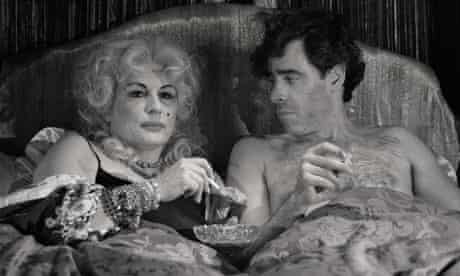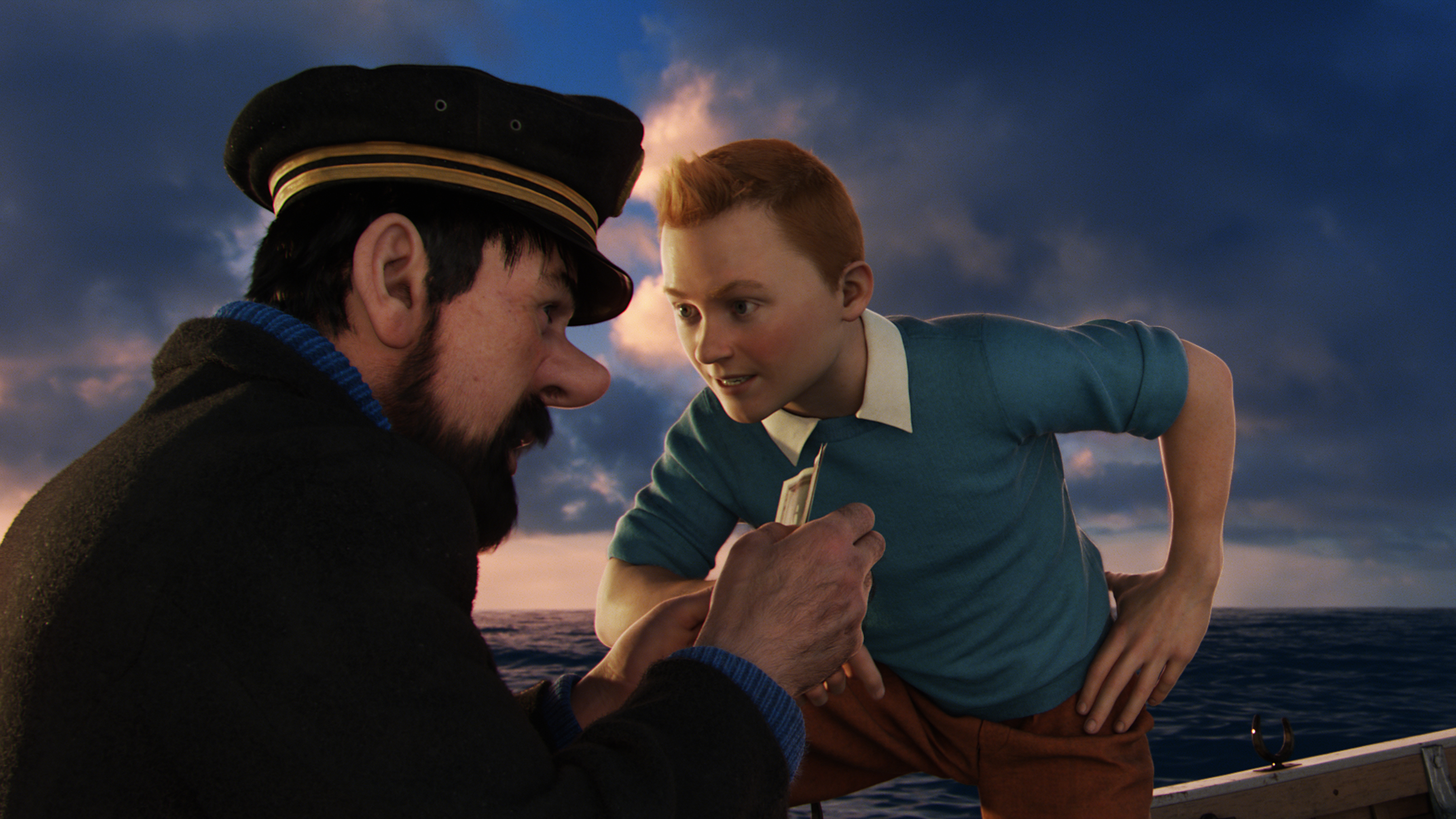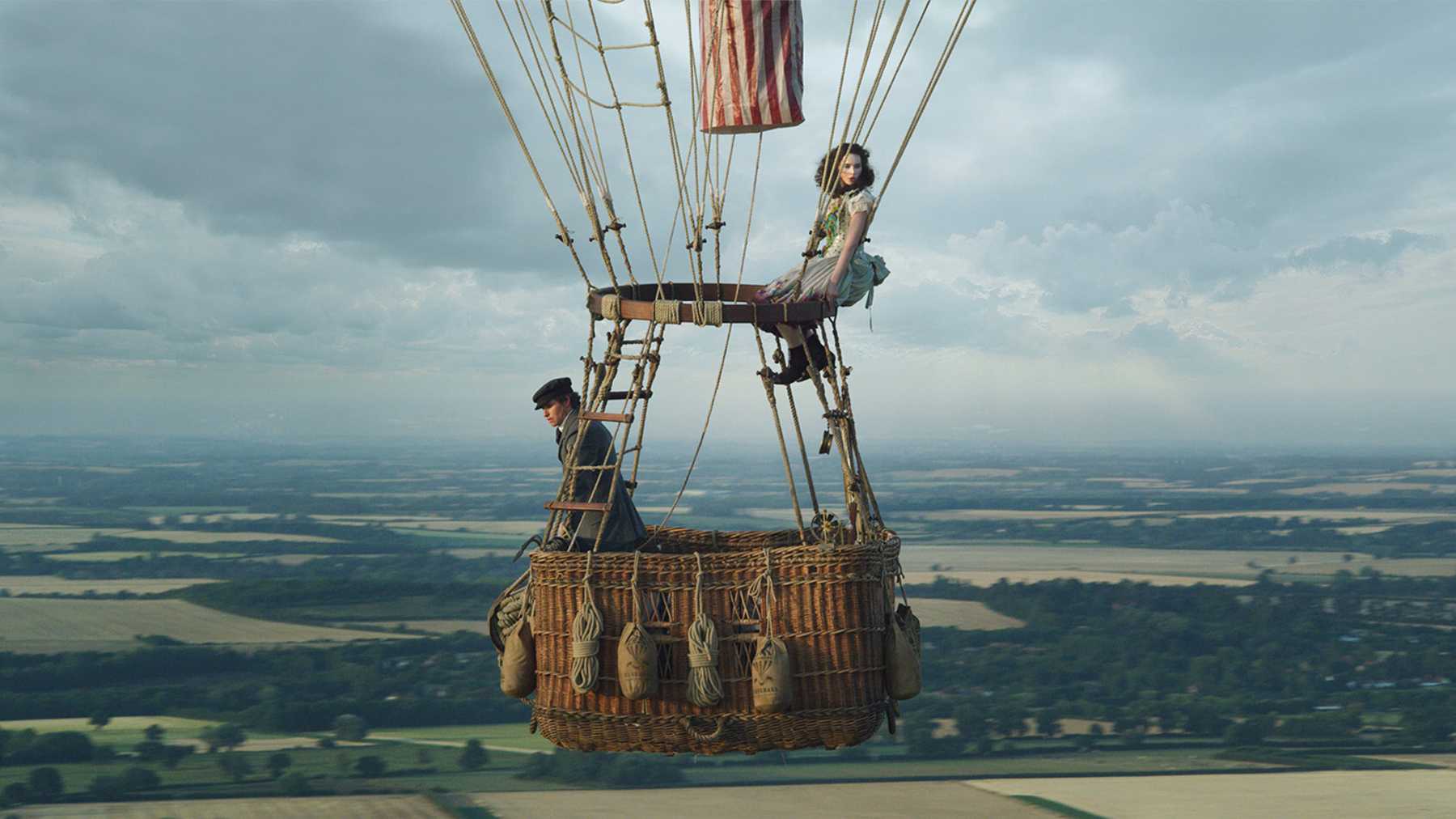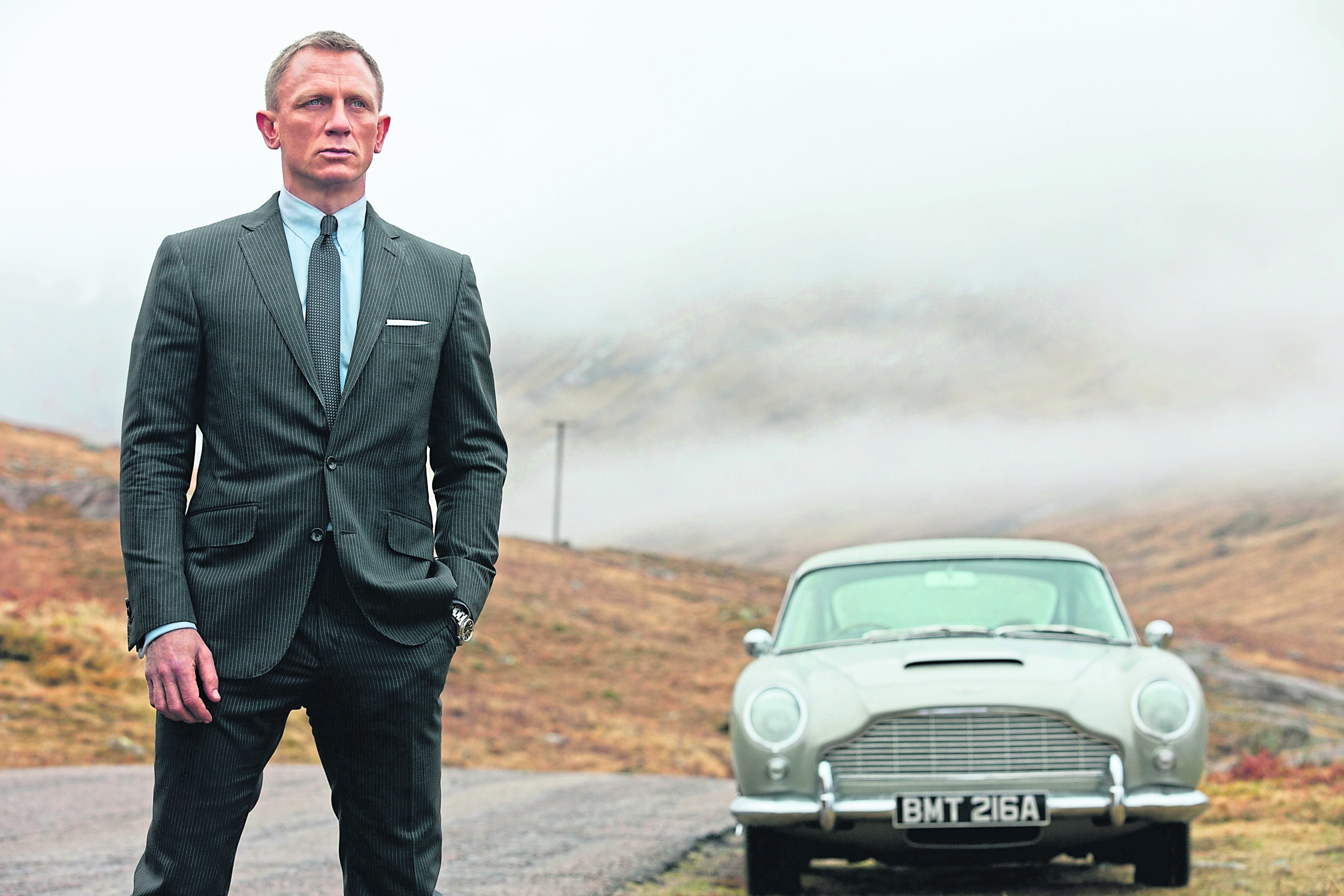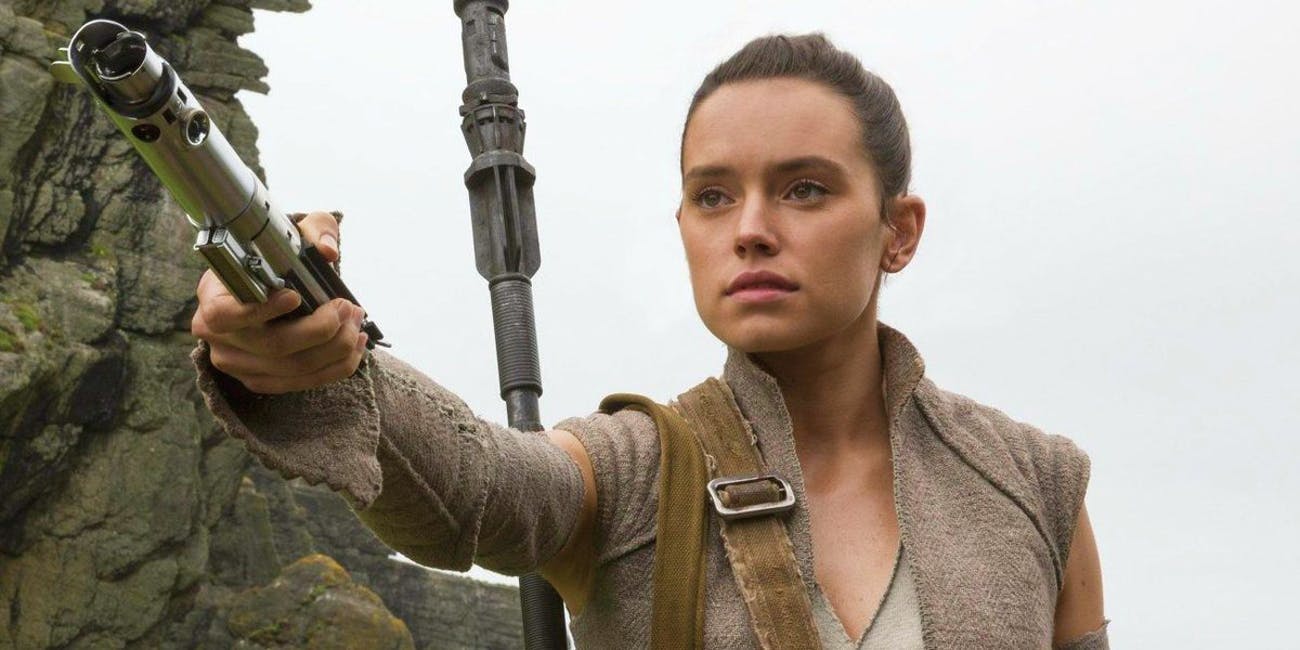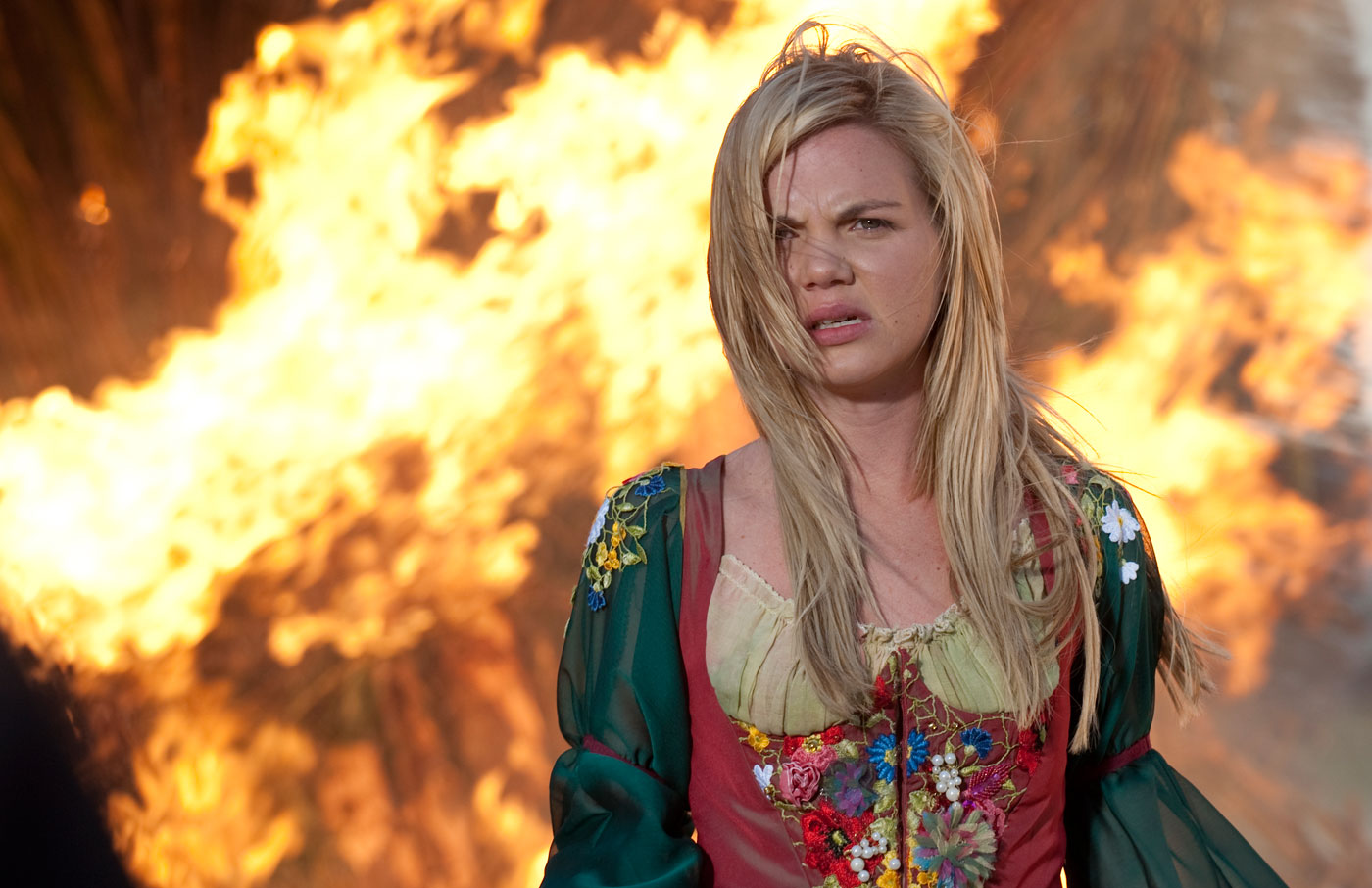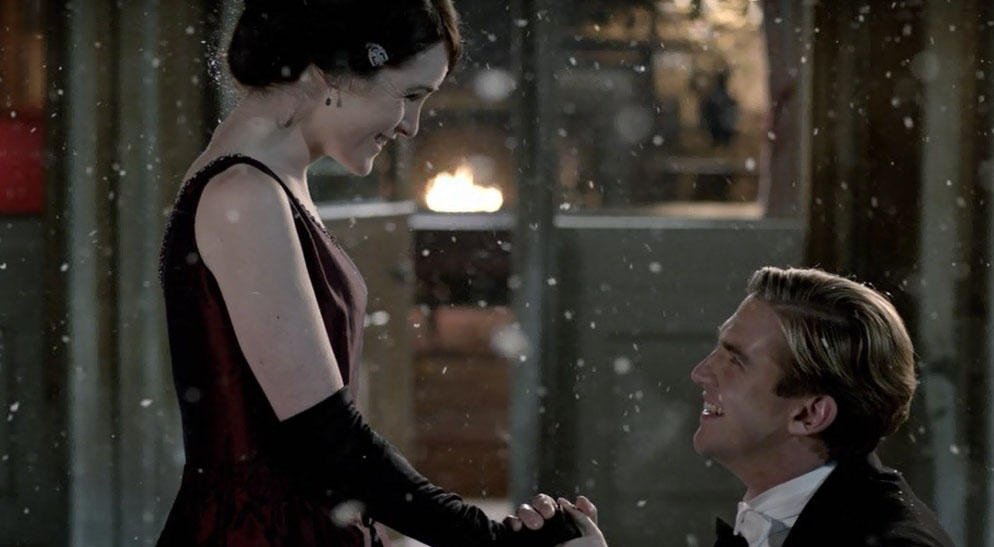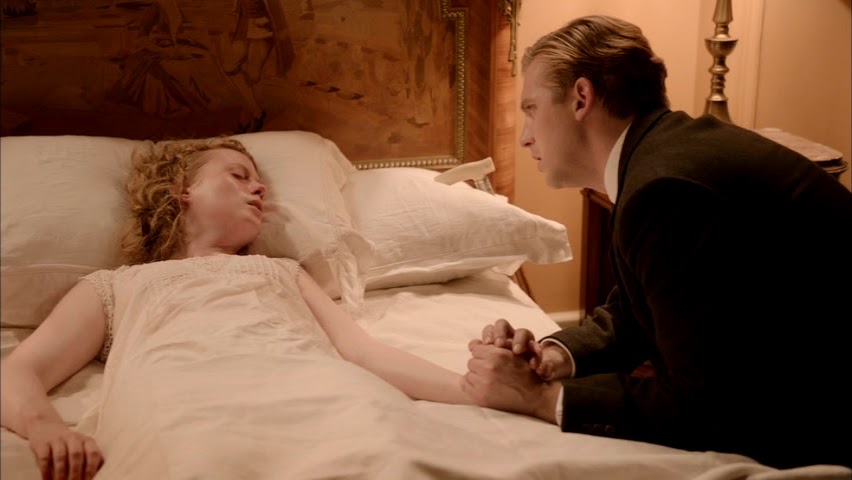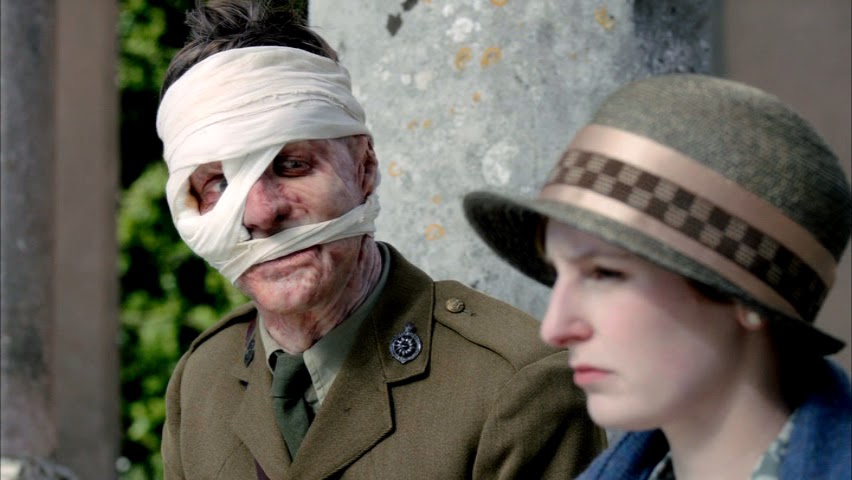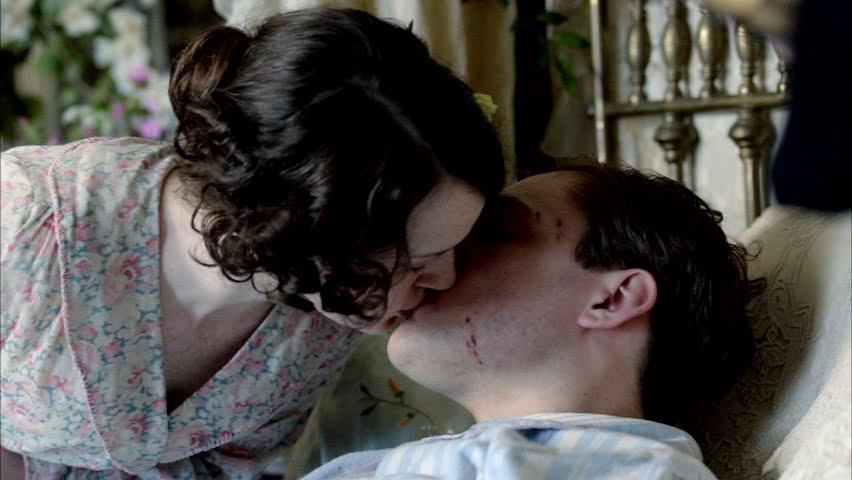A weekly series of reviews looking at the film and TV output of the Comic Strip group of comedians…
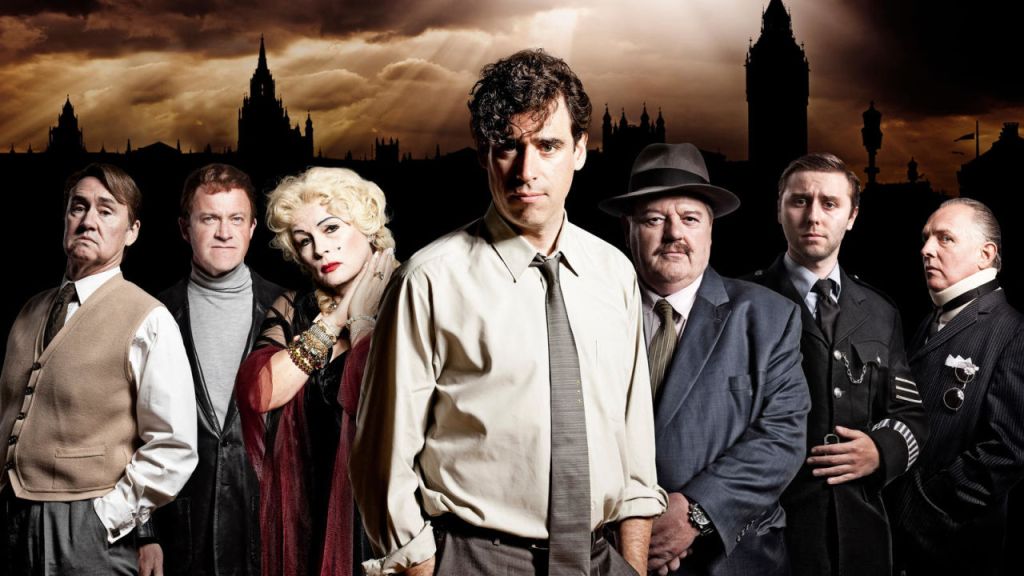
Spoiler warning: plot points may be revealed.
Synopsis: Charged with murder, the British Prime Minister goes on the run…
Written by: Peter Richardson and Pete Richens. Directed by: Peter Richardson. Broadcast: 26 August 2011, Channel 4.
Notable cast (with a running total of Comic Strip appearances):
* Robbie Coltrane (21) plays Inspector Hutton, who arrives one night at 10 Downing Street to arrest the Prime Minster, Tony Blair, on charges of murder. ‘Tell Gordon to run the country and keep trusting the bankers!’ cries Blair to his wife as he flees the building… Despite featuring real-life politicians from the turn of the millennium, this film is set in a quasi-1950s world of bakelite TVs and telephone boxes and steam trains. Hutton, for example, is a hat-and-mack-wearing detective from Scotland Yard in the mould of the Agatha Christie character Chief Inspector Japp. His name is a reference to the real-world Lord Hutton, a former Lord Chief Justice of Northern Ireland who was appointed in 2003 to head an inquiry into the death of scientist David Kelly. Kelly had killed himself soon after testifying before a parliamentary committee looking into the legality of the Blair-led Iraq War – a BBC journalist had outed him as a source casting doubt on the government’s case.
* James Buckley (1) appears as Hutton’s theatre-loving sergeant.
* Stephen Mangan (1) stars as Tony Blair. When the PM evades the police and escapes Downing Street, he needs help so tries ringing some powerful associates – Melvyn Bragg, Bernie Ecclestone, George Bush – but they all turn their backs on him… Mangan is absolutely tremendous. He’s not giving a sketch-show impression of Blair, akin to how Jon Culshaw played the role in Peter Richardson’s 2005 movie Churchill: The Hollywood Years. Instead, he captures the chummy charm of Call-Me-Tony, using his natural affability and comic timing to great effect, and makes us believe in the character… Blair (born 1952) became Prime Minster when he led Labour to a landslide election victory in 1997 and was in Number 10 for a decade. Before Mangan came on board, the role had been offered to Michael Sheen, who by then had played Blair three times – in a TV film called The Deal (2003) and in the movies The Queen (2006) and The Special Relationship (2010).
* Catherine Shepherd (1) plays Cherie Blair (born 1954). Here, she’s a housewife-type who complains that the washing machine needs mending; in reality she’s a successful barrister who married Tony Blair in 1980.
* Rik Mayall (21) appears as Professor Predictor, a balding man in a wheelchair who performs on stage at a variety show and wows the crowd with his precognitive abilities. He has previously foreseen the abdication of Edward VIII and the death of James Dean, and now claims that Paul McCartney will one day marry a woman with one leg. When asked about the Iraq War, however, with an incognito Tony watching on, he can’t sense where any weapons of mass destruction may be. A shot then rings out… The character is a clear parody of Mr Memory, a very similar stage magician in the 1935 film The 39 Steps (played by Wylie Watson).
* Ronni Ancona (1) pops up briefly – and, it must be said, rather pointlessly – as the actress Barbara Windsor (1937-2020), who just happens to be hanging around outside the theatre where Professor Predictor is appearing. She offers Tony some help and kisses him as a distraction when the police race past.
* Nigel Planer (29) summons up plenty of oiliness for a very effective impersonation of Peter Mandelson. In reality, Mandelson was Blair’s friend and confidant but here he’s someone who manipulates both the police and the Chancellor, Gordon Brown, for his own ends. Through Mandy’s meetings with Hutton, we see flashbacks to Blair’s rise to power – these scenes spoof events both genuine (a broken pact between Blair and Brown) and fictional (Blair killing his predecessor as Labour leader, John Smith). The real Mandelson (born 1953) had been a PR man and one of the key forces behind the 1990s rebranding of the Labour Party. He later served in the Cabinet, though had to resign twice, and is now a peer.
* Tony Curran (1) plays Robin Cook (1946-2005), who was Foreign Secretary from 1997 until 2001 then Leader of the House of Commons until he resigned in 2003, citing his grave concerns over the government’s pro-war stance over Iraq. He died in 2005 after suffering a heart attack while out hiking. In the meta-fiction of The Hunt for Tony Blair, this tragedy is rewritten as a comedy scene where Blair accidentally pushes an irate Cook off a mountain. ‘Yes, I do worry about Robin Cook and John Smith,’ Peter Richardson once said about representing real people in a comedy. ‘There’s no suggestion [Blair] actually did murder these people; it’s ridiculous and not true.’ He added that he’d chosen not to cover the controversial death of David Kelly because ‘it was too real and too serious’.
* Ford Kiernan (1) has a few scenes as the Chancellor of the Exchequer, Gordon Brown, who plays second fiddle to Blair but then plots to take over as PM… Brown (born 1951) was once a close friend and political comrade of Blair’s. He had strong personal ambitions, but when John Smith died suddenly in 1994, Brown allowed the more popular Blair a free run at the leadership – on the proviso that Blair would support him as the next leader. Brown didn’t take over until 2007 and was then Prime Minister for three years.
* In a flashback to Blair’s time in Number 10, Peter Richardson (44) plays US President George W Bush… as rethought as an East Coast mobster. While in London, Bush summons Blair to come and meet him, and uses all his threatening, Italian-American, designer-suit sleaze to co-opt Blair and the UK into a plan to invade Iraq (‘I’m gonna fuck I-raq,’ he says. ‘Don’t cross me on this one’). Richardson revels in the character, essentially playing Bush as if he were Joe Pesci in Goodfellas. Bush (born 1946) was president from 2001 until 2009.
* Steven O’Donnell (14) appears as Bush’s right-hand man, Donald Rumsfeld (1932-2021; US Secretary of Defence, 1975-1977 and 2001-2006), repurposed here as a Mafia heavy.
* Ross Noble (1) plays a socialist hobo – a former trade-union leader, we later learn – who Blair encounters on a train. Clutching Das Kapital in one hand and a bottle of wine in the other, this man threatens to reveal Blair’s location to the police… So Blair pushes him from the speeding train to his death.
* Gary Beadle (9) cameos as the butler at Chequers – the British Prime Minister’s country residence since 1921 – who won’t let acting PM Gordon Brown in because he clearly has psychological issues.
* While on the lam, Tony returns to an old flat hoping for refuge, but finds that his friend Carole Caplin – played by Morgana Robinson (1) – has taken up residence. Cherie had tried to evict her, but Carole has changed the locks. She’s flirty and sultry with Blair, then he realises she’s also called the cops. The real Carole Caplin (born 1962) was a close advisor to the Blairs, but scandal hit when Cherie was found to have done a business deal with Caplin’s partner, a convicted criminal called Peter Foster. (Foster later claimed Carole and Tony had an affair, though very few people believed him.)
* Harry Enfield (2) plays Alastair Campbell (born 1957; Blair’s head of PR and communications from 1994 until 2003) as a sweary, ranting Grant Mitchell type.
* Jennifer Saunders (32) stars as a ghoulish, decaying Margaret Thatcher, who since being ousted from politics has become a recluse in a spooky mansion. There’s quite a lot going on in this sequence, not least a number of movie references. Saunders was asked to play the ageing Thatcher (1925-2013; Conservative Prime Minster from 1979-1990) as Gloria Swanson in the 1950 film Sunset Boulevard… but with the look of Bette Davis in 1962’s What Ever Happened to Baby Jane? (Of course, this wasn’t the first time the actress had taken on the role in a Comic Strip project. She’d given us an arch Hollywood interpretation of Maggie in GLC: The Carnage Continues… then appeared very briefly as a reasonably straight version in Red Nose of Courage.) When Blair arrives at the property – shades of Rebecca‘s Mandeley, here – he finds Lady Thatcher watching old war footage on a home cinema screen, much like Sunset Boulevard’s faded movie star Norma Desmond rewatches her old hits. Also like Desmond, she’s deluded and believes a comeback is within her grasp: ‘The mummy must return! To clear up the mess that the children have made while I was gone!’ The scene eventually pivots into a psychosexual drama as the former and current Prime Ministers sleep together… Given the chance to camp/vamp things up under layers of make-up, Saunders is very funny.
* John Sessions (2) plays Norman Tebbit (born 1931; Conservative minister 1981-87), here reimagined as Thatcher’s solitary servant. Sessions plays the role akin to Erich von Stroheim’s butler Max in Sunset Boulevard.
Best bit: The film is shot stylishly in black and white, a mode that evokes several slices of movie history. The madcap energy of the plot and the parade of comic characters give the feel of an Ealing comedy, while the expressionist camera angles, high-contrast lighting, smoky locations and doom-laden incidental music remind us of film noir (especially 1949’s The Third Man, which is name-checked at one point: it’s the title of Mandelson’s memoir). But the biggest influence lurking in the shadows of this piece is the Alfred Hitchcock film The 39 Steps.
Released in 1935 and starring Robert Donat and Madeleine Carroll, The 39 Steps was groundbreaking. The Hollywood script doctor Robert Towne once said that ‘all contemporary escapist entertainment begins with The 39 Steps’ and this bold claim stands up to scrutiny. The film blueprinted a new type of adventure movie, a heady mixture of comedy, espionage, sex, eccentricity, multiple locations and action set pieces – all pulled off with panache. From the James Bond series to modern superhero blockbusters, a huge chunk of popular cinema has been gliding along in the wake of this Hitchcock classic.
The Hunt for Tony Blair sees an encounter with a stage performer who’s able to predict the future, a journey on a train speeding out of London, and a general air of breathless pursuit and a deepening mystery – all trademarks of The 39 Steps. Of course, one big difference from the earlier film is that the lead character in 1935, Richard Hannay, was innocent.
Review: By now, the Comic Strip team and their creative leader, Peter Richardson, were old hands at this format. The Hunt for Tony Blair is the fifth project in the canon to retell a period of 20th-century history through a warped lens of satire. The Strike and GLC: The Carnage Continues… imagined the edgy politics of the 1980s if filmed by a crass Hollywood film studio; Red Nose of Courage tackled the Tory government of the early 90s via the medium of the circus; while Churchill: The Hollywood Years took us back to an ersatz Second World War where history was not what we thought. Richardson also dabbled with outlandish celebrity spoofs in Stella Street, a BBC2 comedy series he co-wrote with Comic Strip alumni John Sessions and Phil Cornwall.
This latest example of quasi-docudrama succeeds on multiple levels. The use of the black-and-white, 1950s vibe allows the script to poke fun at some very serious matters with its tongue in its cheek, and a lot of comic dynamism is generated from this clash of the frivolous and the factual. The large cast is well chosen with everyone making an impact, while Richardson’s direction is crisp and, even with so much *stuff* going on, the film is never rambling or loose. There’s a genuine unity of purpose behind the writing, acting and staging.
Nine people who have heard of Billy Bragg out of 10
